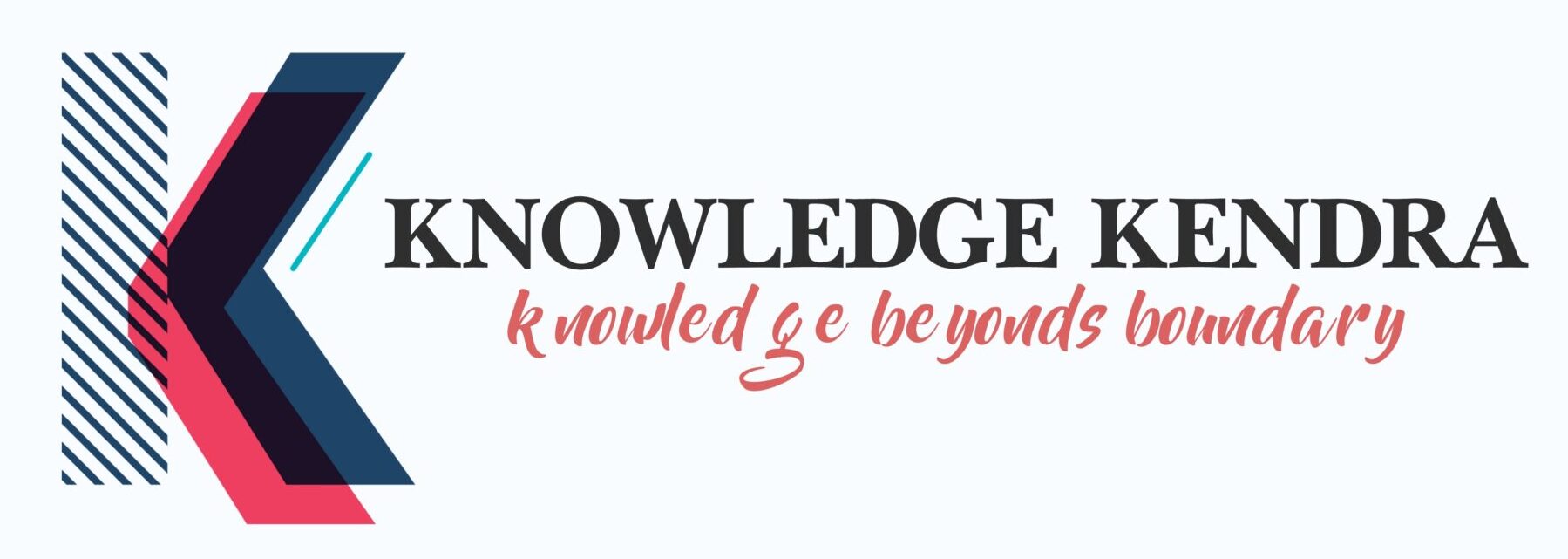
The Job Market Trends for 2025 is ever-evolving, and as we approach 2025, it’s becoming increasingly clear that the workplace of the future will be shaped by a variety of emerging trends. These trends will not only influence the types of jobs available but also the skills that will be in high demand.
In this blog post, we’ll take an in-depth look at these job market trends for 2025 and explore the skills you’ll need to stay ahead in the job market.
1. The Rise of Remote Work
Job Market Trends for 2025 ,The COVID-19 pandemic accelerated the adoption of remote work, and this trend is here to stay. Companies have realized that remote work can increase productivity and reduce overhead costs. As a result, many organizations are embracing flexible work arrangements.
Skills in Demand:
- Digital Communication: Proficiency in using digital communication tools like Zoom, Slack, and Microsoft Teams.
- Self-discipline: The ability to manage time effectively and stay productive without direct supervision.
- Tech Savvy: Comfort with using and troubleshooting various software and hardware.
2. Growth of the Gig Economy
The gig economy, characterized by freelance and contract work, is growing rapidly. This trend allows workers to have more flexibility and control over their careers. Platforms like Upwork, Fiverr, and TaskRabbit are facilitating this shift.
Skills in Demand:
- Entrepreneurial Mindset: The ability to market oneself and manage a freelance business.
- Adaptability: The capacity to quickly learn new skills and adapt to different projects.
- Networking: Building and maintaining professional relationships to secure ongoing work.
3. Emphasis on Soft Skills
While technical skills remain important, employers are placing a greater emphasis on soft skills. These are interpersonal attributes that enhance how you interact with others and perform your job.
Skills in Demand:
- Communication: Clear and effective verbal and written communication.
- Problem-Solving: The ability to identify issues and develop practical solutions.
- Emotional Intelligence: Understanding and managing your own emotions, as well as empathizing with others.
4. The Importance of Lifelong Learning
In a rapidly changing job market, the ability to continuously learn and upskill is crucial. Lifelong learning is becoming a necessity as new technologies and methodologies emerge.
Skills in Demand:
- Curiosity: A willingness to explore new topics and acquire new knowledge.
- Self-Motivation: The drive to pursue learning opportunities without external prompts.
- Tech Literacy: Familiarity with online learning platforms and digital resources.
5. Automation and AI Integration
Automation and artificial intelligence (AI) are transforming industries by automating routine tasks and enhancing decision-making processes. This shift is creating new opportunities for those who can work alongside these technologies.
Skills in Demand:
- Data Analysis: The ability to interpret and draw insights from data.
- Programming: Knowledge of programming languages like Python and JavaScript.
- Critical Thinking: Evaluating information and making data-driven decisions.
6. Sustainability and Green Jobs
As the world becomes more environmentally conscious, the demand for jobs in the green sector is increasing. Companies are looking to reduce their carbon footprint and adopt sustainable practices.
Skills in Demand:
- Environmental Science: Understanding the principles of environmental conservation.
- Sustainable Practices: Knowledge of eco-friendly practices and technologies.
- Project Management: Leading initiatives that focus on sustainability.
7. Health and Wellness Focus
The pandemic has heightened awareness of health and wellness, leading to an increased demand for jobs in healthcare and wellness industries. This includes physical and mental health professionals.
Skills in Demand:
- Medical Knowledge: Expertise in healthcare practices and treatments.
- Empathy: The ability to provide compassionate care to patients.
- Wellness Coaching: Guiding individuals toward healthier lifestyles.
8. Diversity and Inclusion
Creating a diverse and inclusive workplace is no longer just a moral imperative; it’s also a business necessity. Companies are recognizing the value of diverse perspectives and inclusive cultures.
Skills in Demand:
- Cultural Competence: Understanding and respecting different cultures and backgrounds.
- Advocacy: Promoting and supporting diversity initiatives within the workplace.
- Conflict Resolution: Addressing and resolving issues related to diversity and inclusion.
9. Cybersecurity
With the increasing reliance on digital technologies, cybersecurity has become a top priority for organizations. Protecting data and systems from cyber threats is critical.
Skills in Demand:
- Cybersecurity Knowledge: Understanding the principles of cybersecurity and risk management.
- Problem-Solving: Identifying and mitigating security threats.
- Attention to Detail: Ensuring that security protocols are followed precisely.
10. Creative Industries
The creative industries, including entertainment, design, and content creation, are thriving. There is a growing demand for creative professionals who can produce engaging and innovative content.
Skills in Demand:
- Creativity: Generating unique and original ideas.
- Storytelling: Crafting compelling narratives that resonate with audiences.
- Technical Skills: Proficiency in using creative software and tools.
Preparing for the Future
To thrive in the job market of 2025, it’s essential to focus on developing a mix of technical and soft skills. Here are some tips to help you prepare:
- Stay Informed: Keep up with industry trends and emerging technologies. Subscribe to newsletters, attend webinars, and follow thought leaders.
- Upskill and Reskill: Take advantage of online courses, workshops, and certifications to acquire new skills. Platforms like Coursera, LinkedIn Learning, and Udemy offer a wide range of learning opportunities.
- Build a Strong Network: Connect with professionals in your field through social media, industry events, and networking groups. Building relationships can open doors to new opportunities.
- Embrace Change: Be open to new experiences and challenges. Adaptability is key to thriving in a dynamic job market.
- Showcase Your Skills: Create a strong resume, portfolio, and LinkedIn profile that highlight your skills and achievements. Make sure to include both technical and soft skills.
Conclusion
The job market of 2025 will be shaped by a combination of technological advancements, shifting work arrangements, and evolving societal values. By staying informed and continuously developing your skills, you can position yourself for success in this dynamic landscape. Whether you’re looking to advance in your current career or explore new opportunities, the key to thriving in the job market of 2025 is a commitment to lifelong learning and adaptability. Embrace these trends and focus on building the skills that will be in demand, and you’ll be well-equipped to navigate the future of work.




NYC post I believe this post can change student journey
Nice